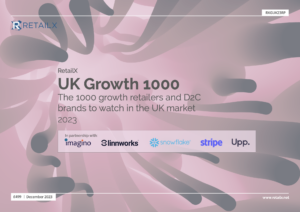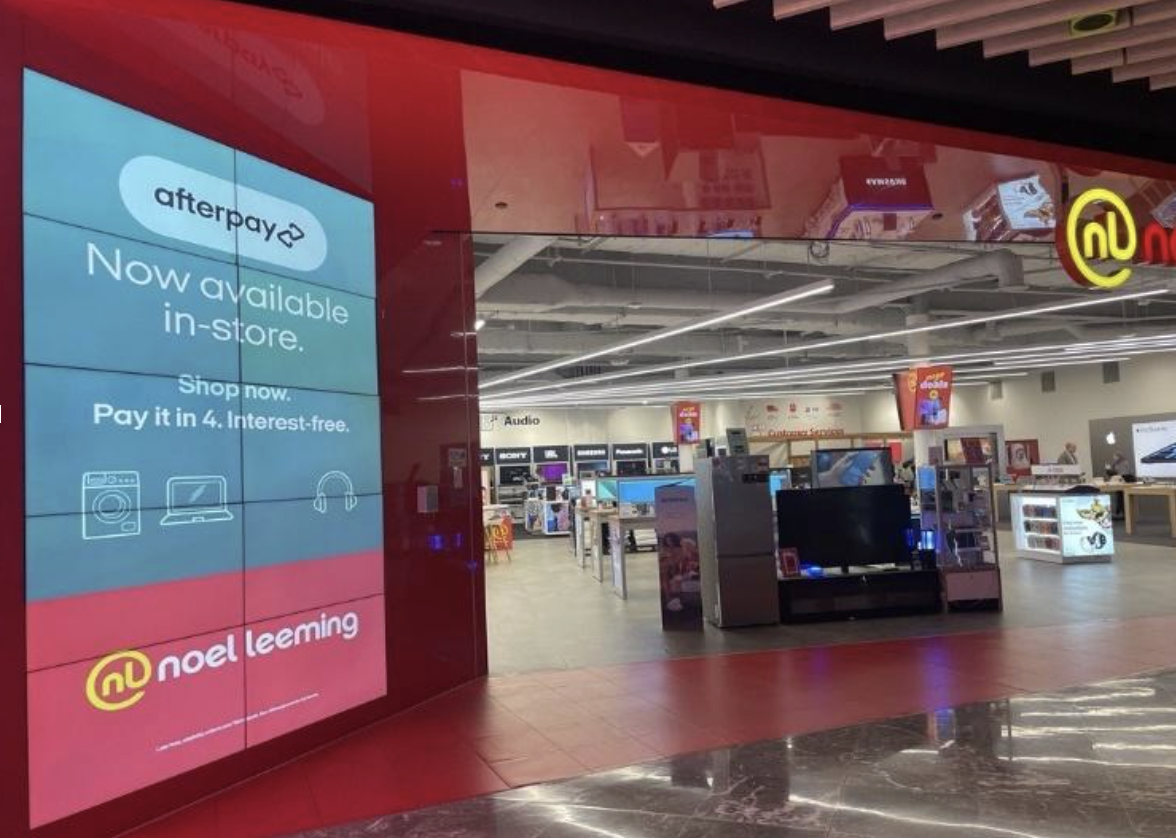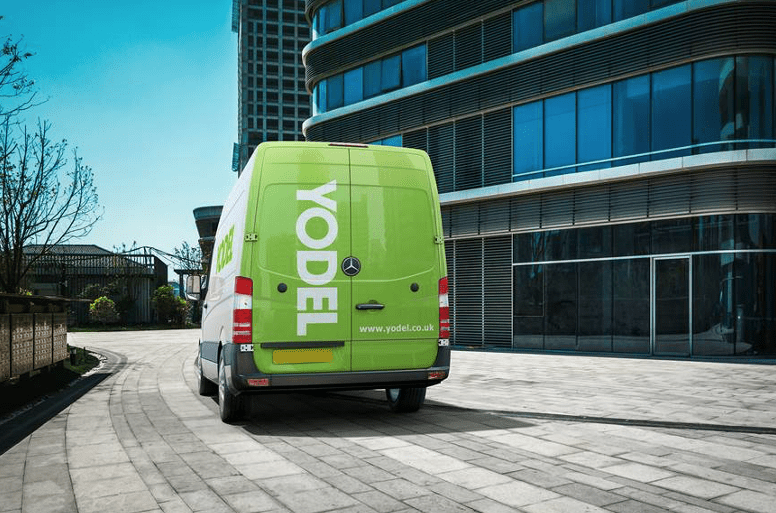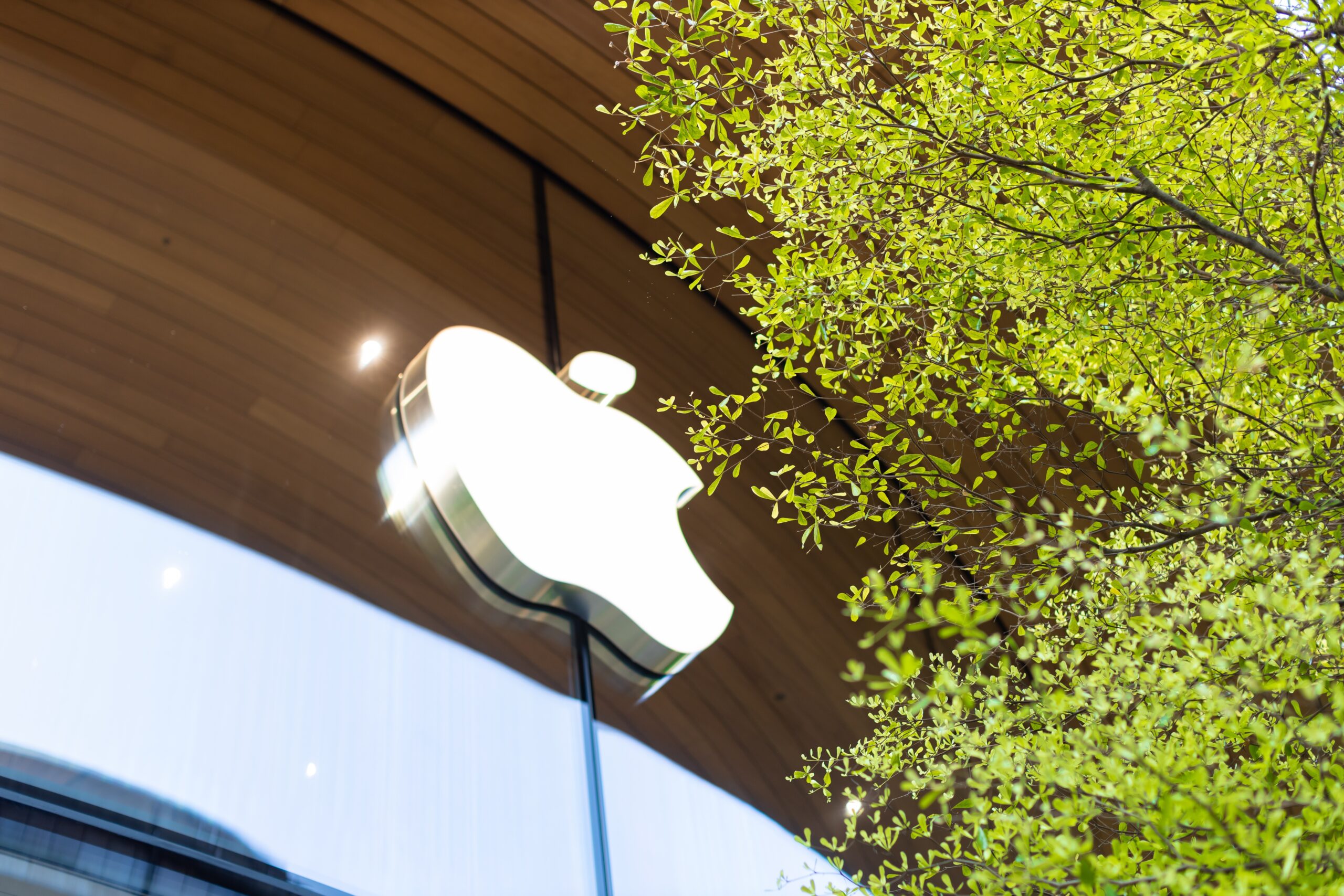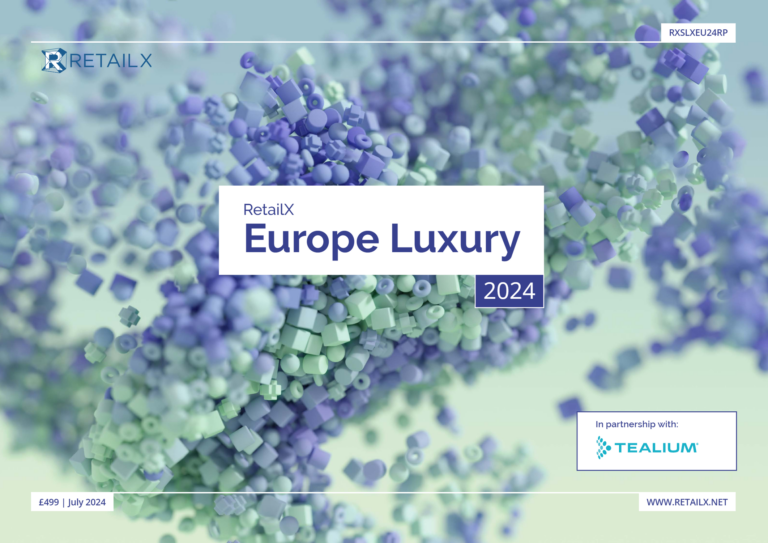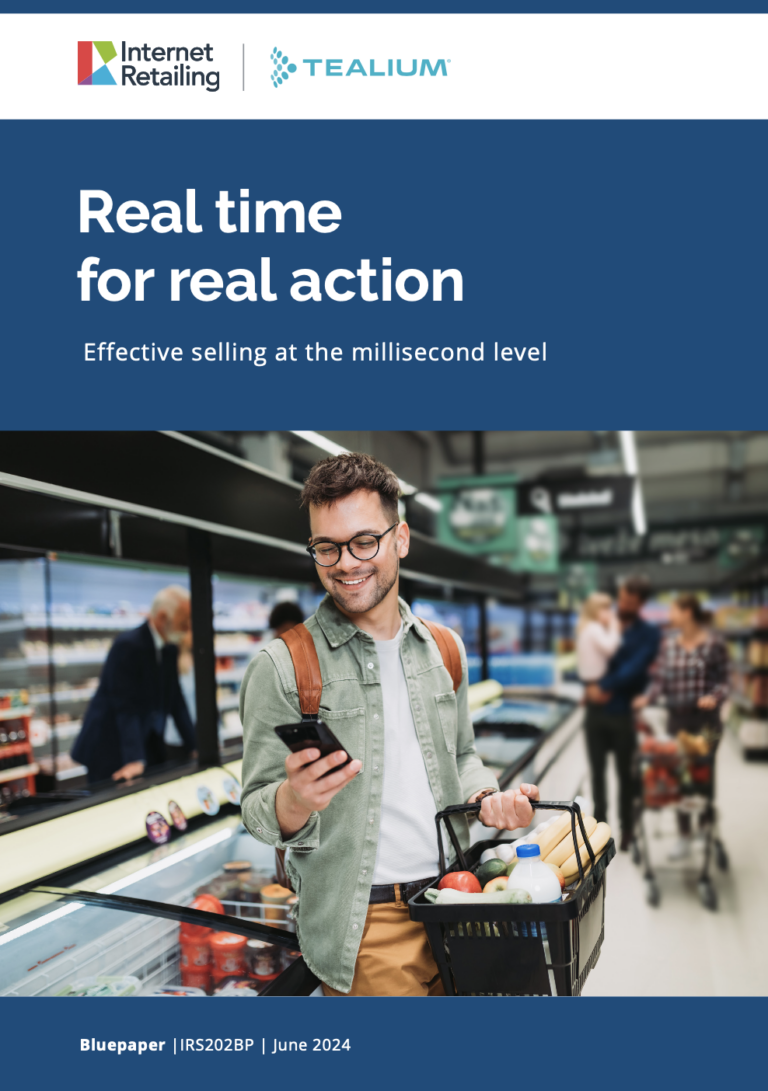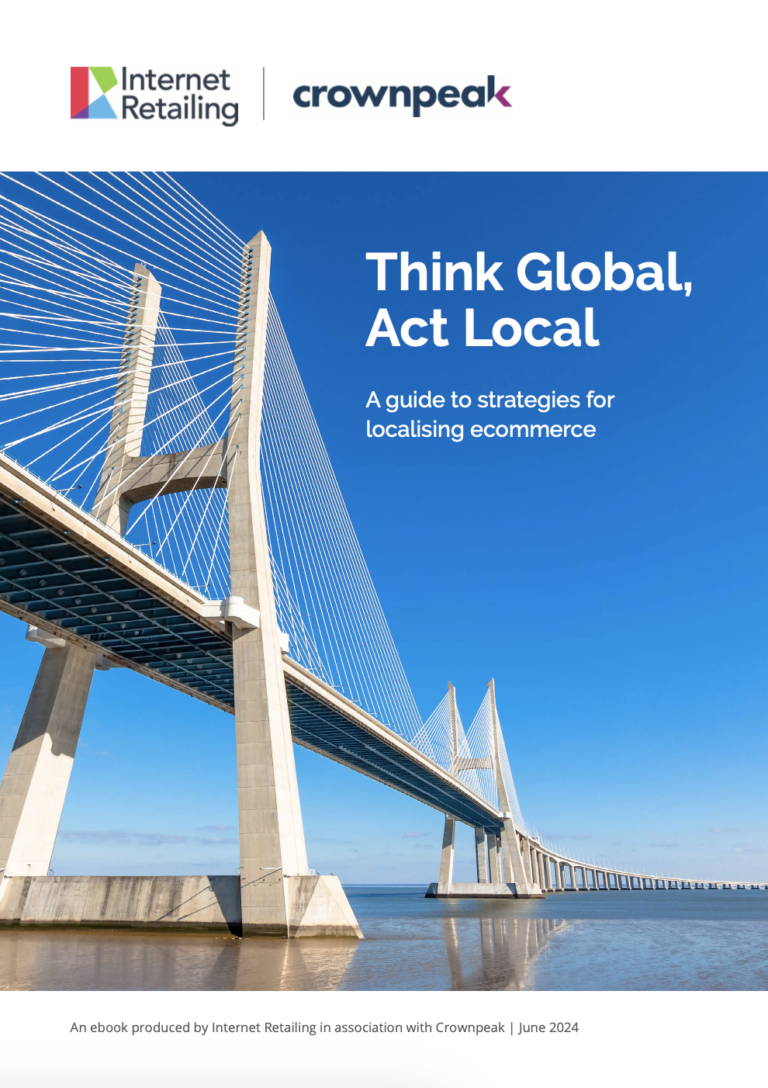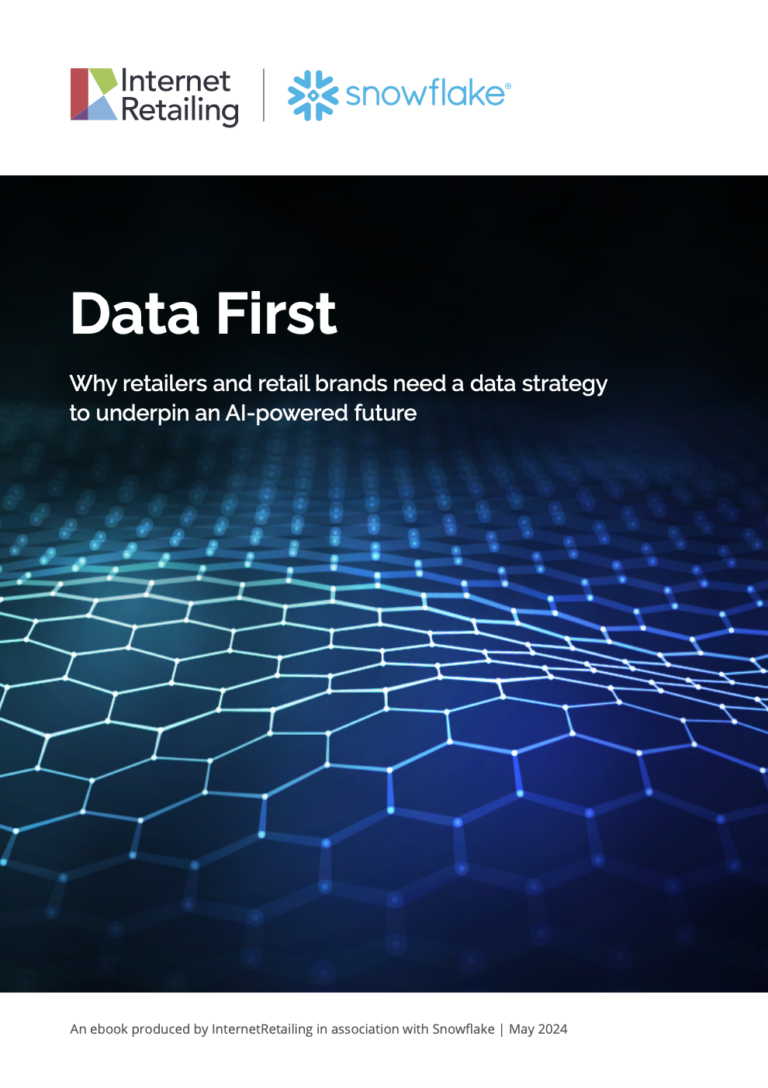When retailers understand how their customers want to buy, they make better-informed decisions on how they sell. When they take action to make their businesses more sustainable, it’s about more than meeting legal requirements on issues from recycling, from the WEEE directive on the disposal of electronic equipment to clean air zones. It’s also about measuring up to customer expectations, the RetailX UK Growth 1000 report has highlighted.
How much does sustainable shopping matter to UK shoppers? RetailX asked UK shoppers this question, along with the extent to which their beliefs affect the way that they buy. The findings suggest that 66% of respondents agree or strongly agree that the ecological impact of the products that they buy matters. A similar proportion (67.3%) want retailers to behave in sustainable ways.
To what extent do customers’ values drive real action? 46.4% say they would be willing to spend more on products produced in more sustainable ways. Asked which environmental measures matter most to them, 71.5% say environmentally friendly packaging is important or very important, while 60% say the same about carbon-neutral home delivery.
The research investigates how often shoppers act around sustainability issues and finds that 29.5% say they look for sustainability information when buying, although more (33.1%) never do so. Not all act on this information, with 16.9% saying that they will change their purchase on sustainability grounds all or most of the time, and a further 28.4% doing so only some of the time. Yet 33.7% will always or most often opt for a cheaper alternative, in contrast to the 19.7% who will always or most often opt for a green alternative even when it is more expensive or inconvenient. Smaller groups will tend to return a used item for recycling or resale, or opt to rent instead of buying, as shown in the frequency of usage graphic.
Sustainability by sector
Green choices vary by sector. Shoppers are most likely to opt for more sustainable versions of groceries – 34.9% say they have done so in the last year. That’s followed by clothing (34.7%) and footwear (17.6%).
12.7% say they have actively chosen a more sustainable option when buying books and 11.8% when buying homewares. While relatively low numbers of respondents have opted for more sustainable versions of luxury products (8.2%), consumer electronics (6.7%) or jewellery (7%), this can nonetheless add up to a relatively high value market for retailers in these sectors that may grow quickly in coming years. The fact that most make green choices at least some of the time is reflected in the fact that only a third (33.8%) say they haven’t opted for any sustainable purchases in the last year.
Buying a second-hand item is a popular way to make purchases that have a relatively low impact on the environment. RetailX research suggests respondents are most likely to buy second-hand clothing (37.5%) and books (25.9%).
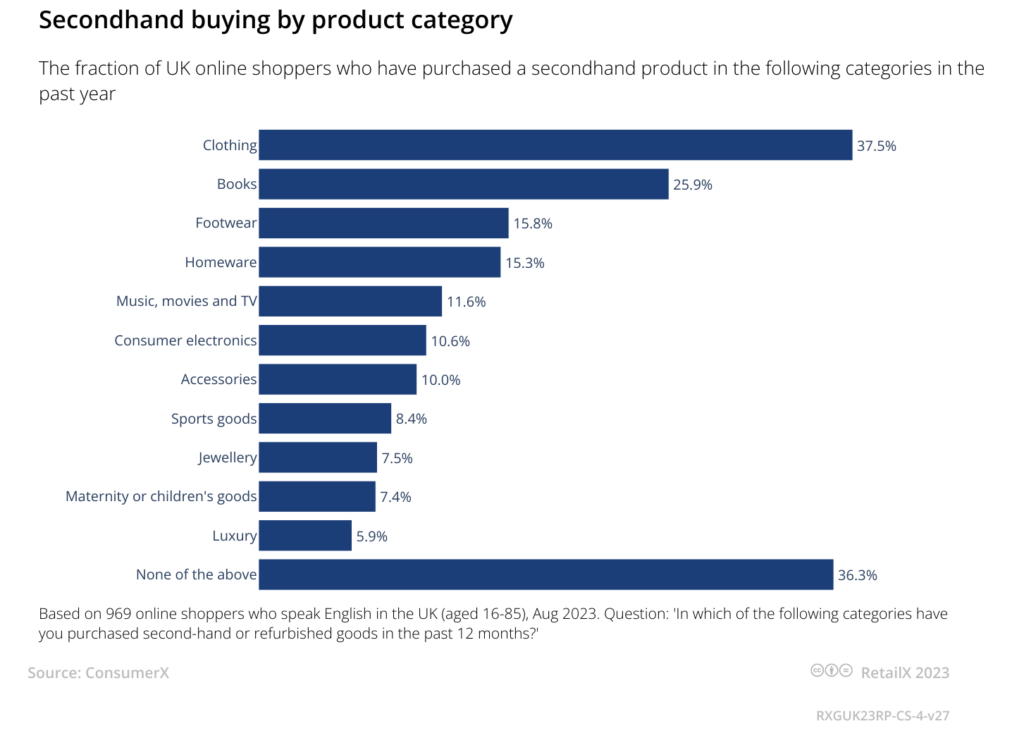
Categories where more than one in ten have bought second-hand items include homewares (15.3%) and footwear (15.8%). 36.3% say they haven’t bought anything second-hand in the previous year.
But while environmentally friendly shopping matters to UK shoppers, it seems that Growth 1000 retail businesses lag behind in their response. Data suggests that only 4.2% of those listed here set out their sustainability goals and commitments on their websites, while 4.3% have a team that is focused on corporate sustainability or sustainability issues.
This may reflect the relatively smaller size of these businesses but it does seem that those who respond to relatively high levels of consumer interest in these issues stand to be rewarded through increased sales and profits.
This feature was authored by Chloe Rigby, and originally featured in the RetailX UK Growth 1000 report. This report features the latest ConsumerX research into UK shopper expectations – in areas from fulfilment to subscriptions, from loyalty to sustainability and more. It illustrates how customers are constantly looking for ways to shop smarter – and even as they look for competitive prices, they also expect to buy in ways that are convenient for them.


